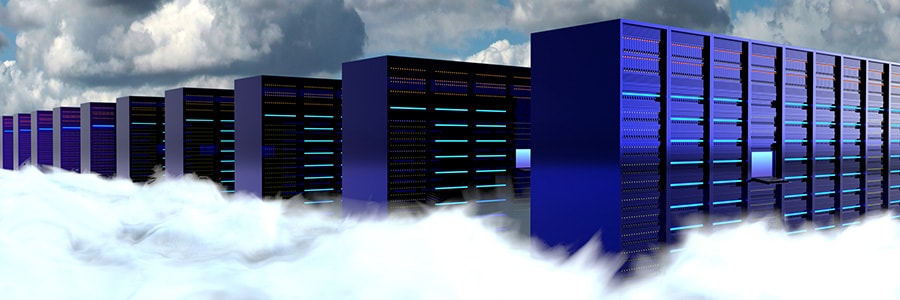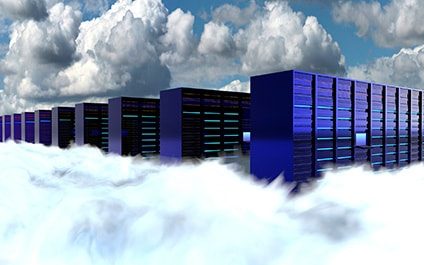
Your IT support in West Palm Beach may already involve virtualization and cloud computing. Often, the terms are used interchangeably, but they are not the same thing. Knowing how they differ and why they have their place in corporate IT can help with key decisions in everything, from capital investment to the development of new products and revenue streams.
What is Virtualization?
In computer terms, virtualization literally refers to the creation of virtual computing resources. This doesn’t necessarily mean a virtual computer. It can mean virtual storage, virtual networking or virtual telephones, for example. In terms of virtual computers, virtualization can be used to create virtual desktops and virtual servers. Learn more about virtual servers
In your IT support in West Palm Beach, you may find it useful to have more computer servers. Specifying, procuring, installing and managing computer servers can be expensive in many ways. Also, if your investment doesn’t pay off, you’re left with a pricey piece of hardware that isn’t earning its keep.
With virtual computing software, you can use a single computer (typically a fairly powerful server) to create multiple virtual servers. They can be all the same, with perhaps one standardized spec that is easier to support, or they can be virtual servers with varying resources allocated to them. You can have one big virtual server for live duties, plus a handful of smaller virtual servers for development and testing.
What is Cloud Computing?
The reason virtualization and cloud computing often get confused is that virtualization is the underlying technology that allows the widespread use of cloud computing platforms. Virtualization software is used to separate the physical computing hardware from the resources being allocated and consumed on it.
Cloud computing is the delivery of shared computing resources over the internet. Those resources can be servers, networking, databases, storage, microservices, analytics and more.
Cloud computing and virtualization work together to provide access to greater computing power, functionality, flexibility, and cost-effectiveness than would otherwise be available.
In some cases, your organization might be better served by focusing on virtualization. In other cases, cloud computing is more attractive.
Public Cloud
Public cloud services are cloud platforms that are shared among many different users and customers. When you use a public cloud service, the service provider has the responsibility for determining what underlying technology best suits the provision of their service to you, and what virtualization platform they use is up to them.
The benefits of public cloud services include speed of adoption, cost-effectiveness, ease of use, flexibility, scalability, and availability.
Private Cloud
A private cloud is delivered on a platform that is dedicated only to your organization. You don’t share it with other users. Typically, when you use virtualization technology, your own private cloud allows you to make maximum use of your own hardware and network while keeping it more secure behind your firewall.
The benefits of private cloud include security, the ability to build exactly the services you want, optimization and full control over uptime.
Virtualization and cloud computing both have their place in corporate IT, and it’s not always the same place. To learn more about IT support in West Palm Beach, contact us now at Nexxen Technologies, Inc.

